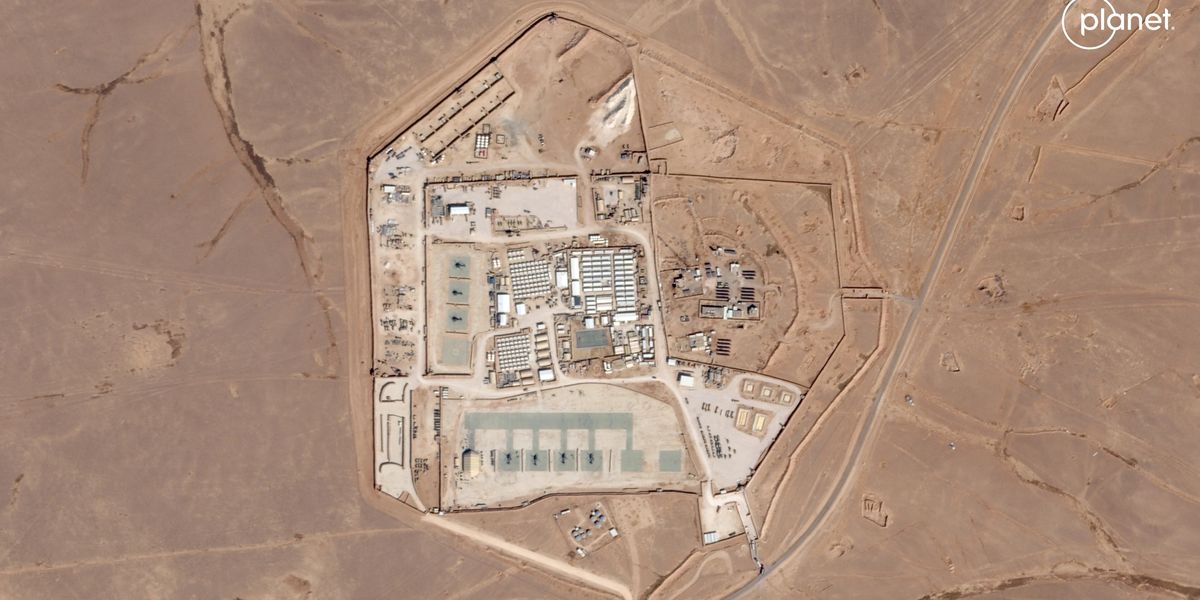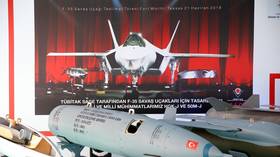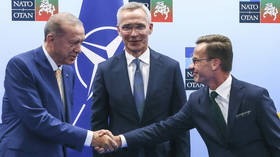Western Media’s Blackout of Israel’s “Hannibal Directive”
by | Jan 30, 2024

Editor’s note: The Libertarian Institute’s Executive Director Scott Horton recently spoke with Brad Pearce about the subject of this article and Hamas’ October 7 attack on Israel. Their interview can be found here.
In the time since the October 7 invasion of Israel there have been suggestions both from within Israel and from alternative media elsewhere that Israel used a version of a military protocol known as “The Hannibal Directive” that day, and perhaps has continued to operate upon that protocol since.
The “Hannibal Directive” is a military order which was created in 1986 in response to the kidnapping of an Israeli Defense Forces soldier in Lebanon. The premise of the original order is that in this circumstance, the IDF can prioritize stopping the kidnappers even if it endangers the hostage. The example that those within the Israeli government like to give is sniping the tires of the escape car knowing it may cause an accident which endangers the hostage, while ruling out an airstrike on the car. This highly controversial protocol was repealed in 2016 and replaced with an order whose text has remained secret. However, there is a growing body of evidence that on October 7 Israel issued a sort of “mass Hannibal Directive on steroids,” where an unknown number of Israeli civilians were killed by the IDF to prevent their becoming hostages. While there has been much discussion of this topic within Israel media, there is a near-total blackout on the topic in corporate media in the United States and United Kingdom.
Many who were already aware of the Hannibal Directive became suspicious of Israel’s actions quickly, most of all because of one particularly egregious instance which brought friendly fire casualties to light. At the Kibbutz Be’eri in what is known as “Pesi’s House,” after the owner, Hamas had taken fifteen Israelis hostage. One Hamas member ran out of the house releasing a hostage, who informed them that there were fourteen Israelis remaining in the house. A commander made the decision to fire two “light” tank shells at the house regardless, killing all but one of the hostages. The released hostage and the survivor both confirmed the same story, so it came out rapidly that Israel had knowingly shelled the house. This got a lot of press within Israel because it is such a horrible story, and people immediately referenced the Hannibal Directive. More recently, Israel’s leading news website Ynet released a large investigation which alleges that an IDF-wide Hannibal Directive-like order went out, and that Israel destroyed seventy cars returning to Gaza without regard to whether there may be hostages inside.
Some of Israel’s most prominent voices want to know if Benjamin Netanyahu’s government implemented a Hannibal Directive on October 7. The lead author of the IDF’s Code of Ethics, Asa Kasher, explained in Haaretz, Israel’s newspaper of record, that the incident at Kibbutz Be’eri needs to be investigated immediately. The Haaretz editorial board demanded an immediate investigation in an editorial published on January 8. These are among many other references to the issue within Israeli media. The Ynet investigation is extremely thorough and damning. The Hannibal Directive has also been mentioned by media sources throughout the Muslim world. However, despite the importance of this issue, and that discussion of the topic is readily available in Haaretz, there has not been any mention in any context in several major U.S. news sources since this new round of conflict began.
We are all used to the media lying and shaping narratives, but this is the most thorough campaign of ignoring news I have seen since the Hunter Biden laptop story, which was broken by the New York Post, so at least one “mainstream” source in American media was trying to talk about it. I checked several major, diverse news sources for mentions of the Hannibal Directive and did not find any which presented the question of if Israel had used this protocol. The New York Times last mentioned it in 2016 when the original order was repealed. There has been no discussion of it in The Washington Post, USA Today, or the magazine Foreign Policy. The Guardian has a single reference from October 11, where a woman says the hostility of politicians to recovering the hostages reminds her of the Hannibal Directive, but it is a random opinion, not a suggestion they used it on October 7. Tablet Magazine, a prominent American Jewish periodical, shows no search results on its website, though by using Google’s advanced search functions one can find a single mention since October 7. A Google News search finds many foreign sources, but the only American reference is from Briahna Joy Gray at The Hill, a far-left host who has been constantly attacked as an anti-Semite and is far out of the mainstream, though she happens to work for a mainstream publication. I wrote a Twitter thread documenting my attempt to find references to the Hannibal Directive in American and British media.
Those who happen to have learned about the Hannibal Directive, either from reading Israeli media or from alternative media or social media in the West, can and will draw many conclusions about what happened on October 7. But the suppression of this topic is a story in and of itself. I doubt it is any sort of explicit conspiracy. Instead, people who come to be in prominent positions in corporate media get to where they are because they know which way the wind blows and have a good instinct for what they should or shouldn’t print. The culture within American media is one where no one wants to cover this story, and if asked they would probably tell you they fear it will “empower extremists” or “promote conspiracy theories.” Most Haaretz articles which mention it seem to spend as long hemming and hawing about that concern as they do discussing the issue, but they still cover the story (even if carefully framed). These revelations greatly change how a person understand the events of October 7, and since the American government continues to support Israel, Americans deserve to know—but they certainly won’t learn about it from the corporate media.







